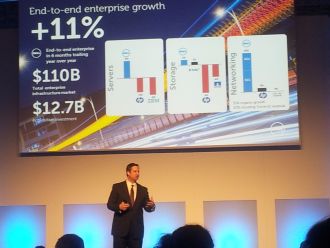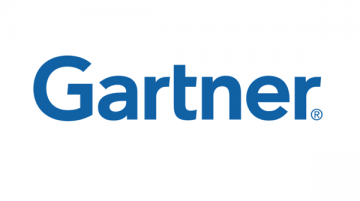 Brigitte labels everything, even her labels. And her post-its. Reminiscent of the Fast Show’s office clown dipped in a large and sticky vat of social anxiety, Brigitte has turned her obsessive compulsive disorder into a way to cheer up the office.
Brigitte labels everything, even her labels. And her post-its. Reminiscent of the Fast Show’s office clown dipped in a large and sticky vat of social anxiety, Brigitte has turned her obsessive compulsive disorder into a way to cheer up the office.
Actually, printing company Brother UK found Brigitte somewhere in a £1.5 million marketing kitty, and it hopes her feverish habit will enourage companies to spend more on its labelling machines. Following a TV campaign last year, Brother UK boasted that label printer sales rose 52 percent.
There’s an opportunity to win a holiday to Mexico – by answering the question at the end of the video – as well as a concerted effort to build online advertising and social media engagement, Brother says.
“Our intention is to shake up the labeling market with innovative and surprising marketing activity that clearly communicates product benefits, but with a sense of humour,” James Lawton-Hill, head of marketing, said.
YouTube user Peepingbotham said: “Keep making clips using attractive women and I’ll (as well as lots of other people) will keep watching, and maybe even even buy a label printer. ATTRACTIVE women, though. Not the one with the tattoos.”
Another added: “She seems very immature to be in management, but very cute, quite like to have seen a full length shot of her, I assume she has OCD, nevertheless adorable!”
A spokesperson for Brother UK told ChannelEye that the video, concept, script and strategy were put together by Manchester-based Code Computerlove, while the film was produced and directed by Chief Productions. “We’ve had a great response to the video so far and a large number of entrants to the competition,” the spokesperson said.



















